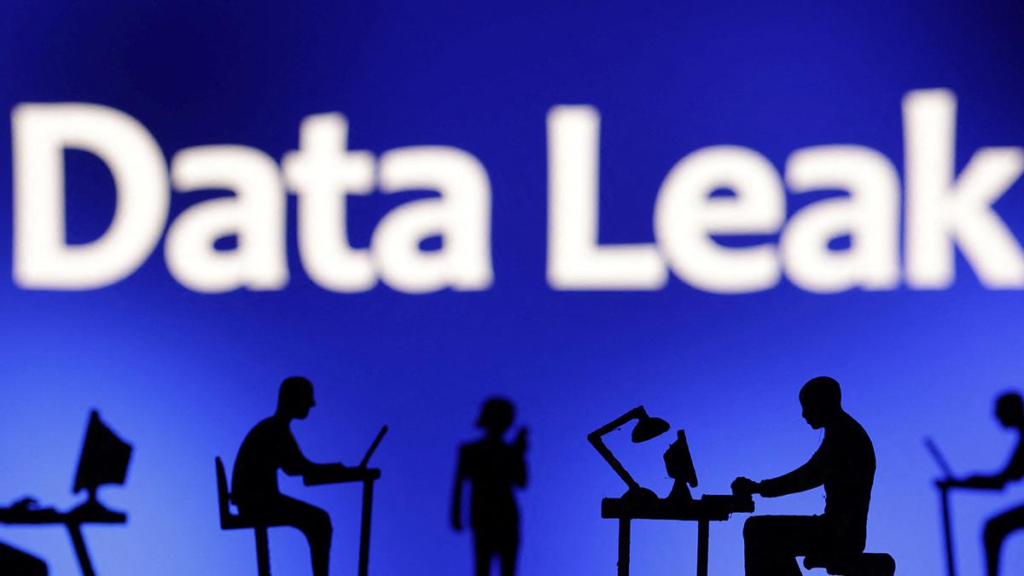Massachusetts university student Matthew Lane, 19, has entered a high-profile cybercrime plea for stealing personal information of millions of students and educators from all over the United States. The student, who attended Assumption University in Worcester, Massachusetts, pleaded guilty to breaking into secured networks and orchestrating a sophisticated extortion ring that amazed the education and cybersecurity communities.
The U.S. Department of Justice reported that Lane used stolen credentials to gain access to the computer networks of several ed-tech providers, including PowerSchool. These improper accesses enabled him to pull out the personal information of approximately 60 million students and 10 million teachers. This information comprised names, email addresses, phone numbers, dates of birth, Social Security numbers, and in some instances, sensitive medical data and home addresses.
Officials confirmed Lane was able to compromise these systems over an extended period using knowledge of technology that was beyond his years. The investigation revealed Lane did so with the goal to sell or exploit the stolen information unless he was paid a ransom of almost \$3 million in cryptocurrency.
The scope of the crime and the possible repercussions prompted an aggressive FBI-led operation. They learned that Lane had transferred much of the pilfered information to a server in Ukraine in an attempt to mask the trail of data and make it more difficult for legal jurisdiction. Investigators also uncovered evidence that he had demanded more than \$200,000 from a phone company in another cyberattack.
Massachusetts college communities and education boards nationwide have responded with alarm. “We’ve never seen a breach of this magnitude originating from a college student,” said a cybersecurity expert familiar with the investigation. “It shows that institutions, even in the education sector, are vulnerable to insider threats and must upgrade their protocols.”
The Department of Justice said Lane is to be prosecuted under various federal statutes, such as conspiracy to commit computer fraud, cyber extortion, unauthorized access to protected computers, and aggravated identity theft. The charge of identity theft itself is punishable by a minimum sentence of two years, which is to be consecutively imposed upon any other sentence ordered by the court.
Massachusetts college officials at Assumption University released a statement confirming the occurrence, stating that the university played no part in the supposed crimes but would cooperate with the authorities fully. They further included that Matthew Lane was suspended indefinitely until legal proceedings were determined.
Massachusetts college student Lane allegedly took advantage of vulnerabilities in third-party vendor platforms that offer online grading, attendance, and student record systems. His attacks were termed by authorities as extremely sophisticated, with meticulous planning and execution. Law enforcement sources said Lane impersonated school administrators to access and increase permissions within the systems.
Massachusetts college officials and national providers of digital education services are now racing to evaluate possible damage and alert impacted users. Experts indicate that long-term consequences may include identity theft, phishing, and even emotional trauma among impacted students and parents.
Massachusetts college industry now confronts pressing questions of cyber vulnerability:

Massachusetts college networks and national schooling platforms are wondering—how do institutions guard sensitive schooling information in a time of increased digital threats?
Cybersecurity professionals say that frequent audits, two-factor authentication, and training employees are compulsory initial measures. Schooling platforms specifically need to up their guard because they process the personal information of students and teachers alike.
Prosecutors explained that Lane’s efforts to sell the information on dark web forums had been intercepted in advance, preventing its release to global crime syndicates. The FBI and U.S. Secret Service shared the digital forensics necessary for monitoring Lane’s activities across several IPs, domains, and devices.
Sentencing is due later this year. Legal experts think Lane may receive a maximum of 20 years in federal prison, depending on the decision of the judge and consideration of the mandatory minimum sentence for aggravated identity theft.
Massachusetts college environments are now looking inward. “We’re seeing a moment where colleges need to become centers of cybersecurity excellence, not just academic pursuit,” said one dean at a leading technology institute. “Student access to tech tools must come with accountability, oversight, and education on ethical conduct.”
Parents and teachers have complained about how easily Lane was able to bypass procedures. “My child’s information was accessed by someone not much older than her. That’s frightening,” said one mother whose daughter is a student of one of the compromised firms.
Massachusetts college responses have also generated broader legislative debates. Some legislators now demand stricter federal controls over how educational technology vendors keep and safeguard data. Suggestions include required breach disclosures within 48 hours and regular third-party audits for all K-12 and higher ed platforms.
To date, breach victims have been provided with identity protection services, and all impacted school districts have received notifications. Lane continues to stay in federal custody as officials complete the complete list of affected institutions and individuals.
The case of the Massachusetts college student charged in one of the largest student data thefts in recent history underscores a growing threat to educational data security. It raises critical issues for students, parents, universities, and technology companies alike—placing cybersecurity at the top of the agenda for the education sector.
ALSO READ
NPSC Conference 2025 Focuses on Conflict Resolution and Peace Education
US Supreme Court Weighs Funding for Nation’s First Catholic Charter School